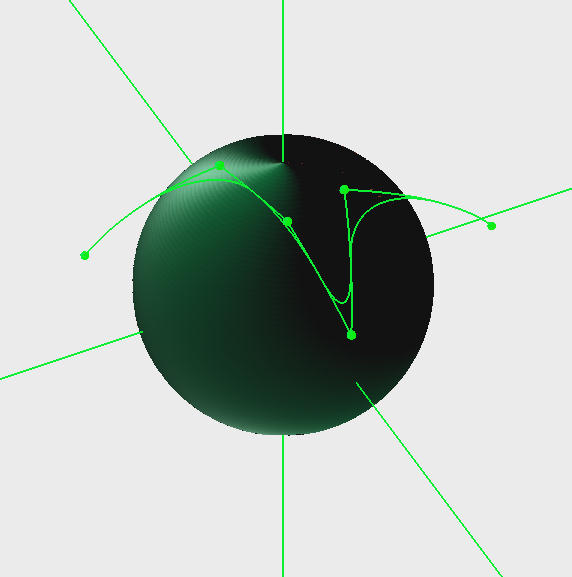Additonal material on functions - open link once - close - then open again for audio
Last year's tests
First Midterm
Second Midterm
Final Exam
See Extensions to homework deadlines
TUTORIAL HELP NOW AVAILABLE IN MATH LAB
Mathematics 1190 could become one of the most vauable courses in your university career. It teachs you how to think and read- think logically and read and write with perecion. Something many do not know how to do - most often they don't even know it. Now it seems obvious that if you know what something is you then also know what it is not. Just as I know that the computer screen I am looking at is not a dog. The same is true for logical statements and their meanings. If you know what a statement says - you should also know what it does not say. Now look at the statement: if it rains, then the street is wet. What is the negation of this statement? That is: what is the statement that is true when the latter is false and false when the latter is true? Most people answer incorectly. The York calendar describes the course as follows: Topics include logic, sets, functions, relations, modular arithmetic and applications of elementary number theory, proof techniques, induction. The supplemental calendar goes further It is also intended for math majors and other students wanting an introduction to discrete mathematics. The topics covered are widely used throughout mathematics; many will crop up again in other mathematics courses. The purpose of this course is to give these topics a thorough treatment early in a student's mathematical studies, with the intention of enhancing his or her understanding of future courses, irrespective of whether those courses have MATH 1190 as a prerequisite. The emphasis will be on understanding the basic ideas, and developing an appreciation for mathematical reasoning, proofs and problem solving.
|
|



